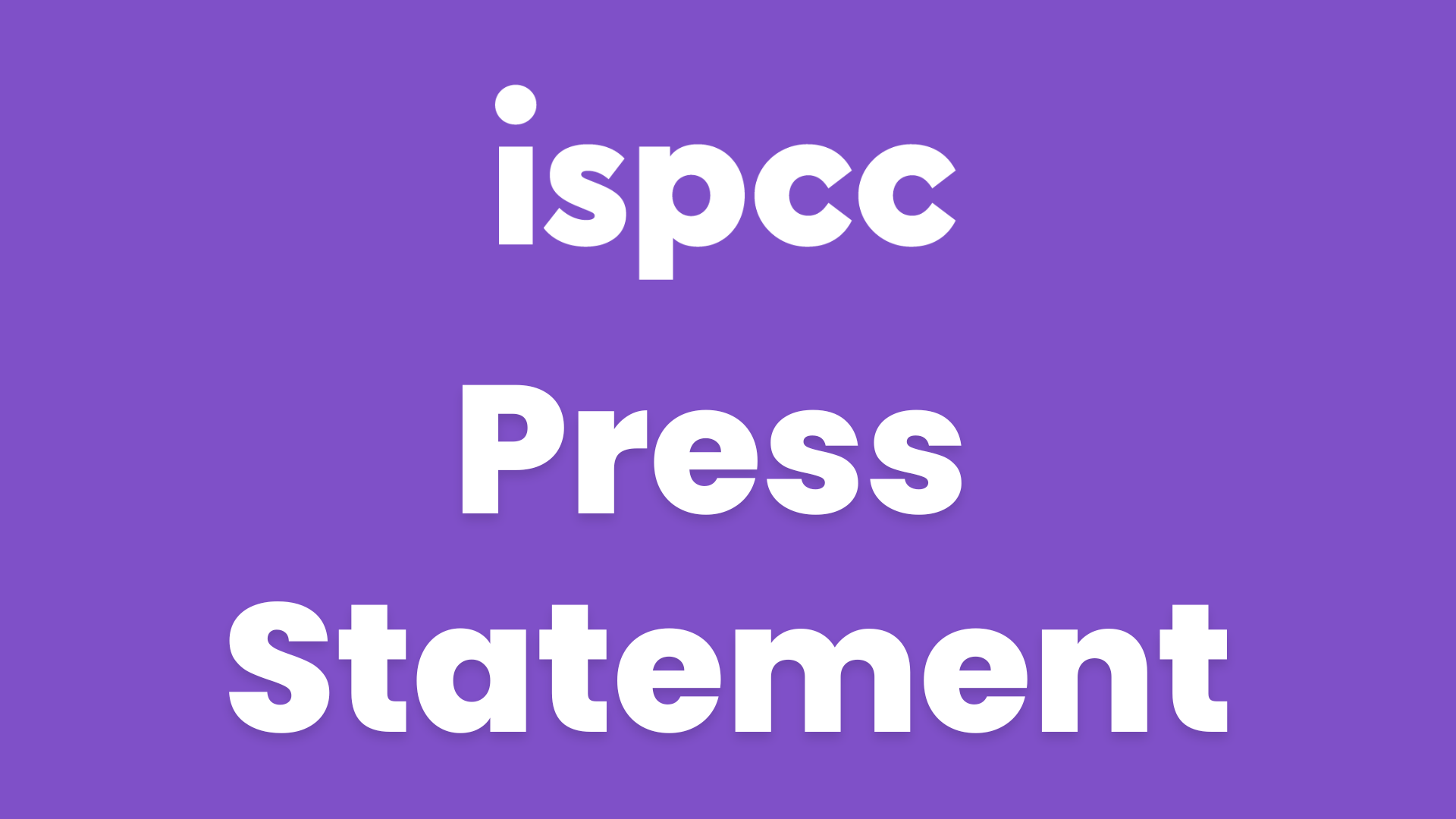
ISPCC welcomes the signing into law of the Online Safety and Media Regulation Act
On Saturday, December 10, President of Ireland Michael D. Higgins signed the Online Safety and Media Regulation (OSMR) Act into law.
ISPCC welcomes the signing into law of this important act and thanks public representatives and stakeholders for their sustained engagement to better understand why such legislation was needed.
John Church, ISPCC Chief Executive said: “This act is a crucial piece of work designed to improve the safety and experience of children and young people in the ever-evolving digital environment. At ISPCC, we believe that the signing into law of this act represents a hugely positive day for children and young people in terms of the online products and services they use.”
Prior to the genesis of this extremely important act, ISPCC had become increasingly concerned about the lack of attention being paid on a governmental level to the safety of children and young people when online. In particular the harmful content they were increasingly being exposed to and the harmful conduct they were expected to deal with – often alone with minimal support from hosting platforms.
ISPCC was grateful to have the opportunity to share these concerns to the then Committee on Children and Youth Affairs when it began to examine this complex issue.
In particular, ISPCC commends Minister Martin for taking on the expert panel’s view of the feasibility of an individual complaints mechanism in the act and bringing forward an amendment to provide for this vital online child protection measure. ISPCC was steadfast that failing to provide for such a provision would be leaving our children alone to deal with big platforms to get cyberbullying content removed.
John Church continued: “We know first-hand through our suite of Childline services the impact such harmful behaviour online can have on those who are targeted in this manner. It is all our responsibility as adults to ensure that there is a safe digital environment for children and young people. They deserve nothing less than this.”
ISPCC has advocated strongly for the inclusion of both an individual complains mechanism and an Online Safety Commissioner and will continue working to ensure that children and young people can avail of the opportunities the digital environment offers in a safe and meaningful way.
However, there is still much to do. We need an updated action plan on online safety, the Online Safety Commissioner must be sufficiently resourced and proposed binding codes must be fit for purpose.
ISPCC has worked on this issue for many years and appreciates the complexity and nuances of the policy responses required. We would also like to acknowledge the legal support we received from the Public Interest Law Alliance (PILA) and in particular Eithne Reid O’Doherty BL. The signing into law of this Act shows that when children talk to us and tell us about their issues, we act accordingly to bring about meaningful change for them.
ENDS
Notes to Editors:
ISPCC Senior Policy and Public Affairs Manager Fiona Jennings is available for comment or interview.
For more information please contact Rowena Walsh, ISPCC Marketing and Communications Coordinator. Tel: 087 3157552
Email: [email protected]
About ISPCC
ISPCC is a charity dedicated to enhancing the lives of children and young people.
The charity provides a suite of Childline services and supports for children and young people up to and including those aged 18 years of age.
All services and supports champion prevention and early intervention, focusing on strengthening resilience and developing coping skills that will last a lifetime.
Childline’s 24-hour support line can be contacted for FREE, 365 days a year 24/7. Children can chat online at childline.ie or call 1800 66 66 66.
ISPCC provide services, supports and programmes for parents/carers and those working or volunteering in child and youth settings, for example schools, clubs, crèches etc.
Through its policy and public affairs work, ISPCC advocates for meaningful change for children and young people now and leaves a legacy of improved experiences for future generations.



